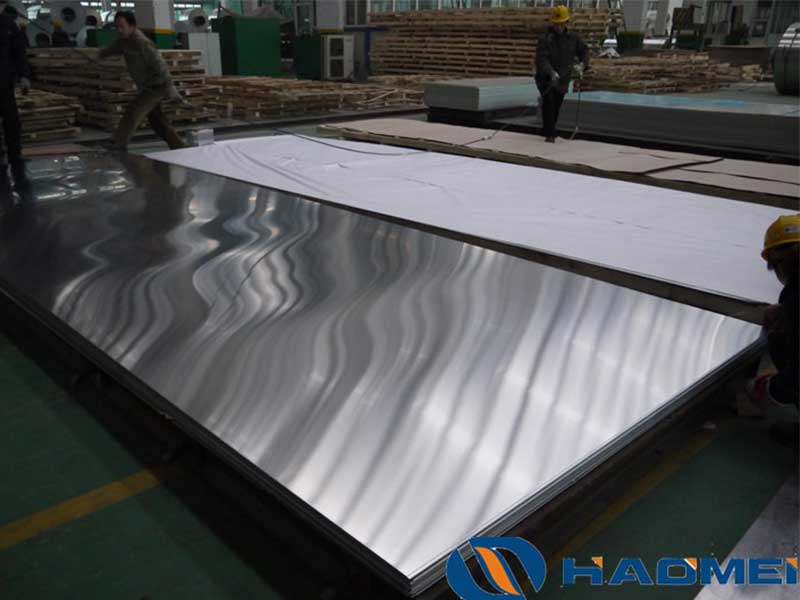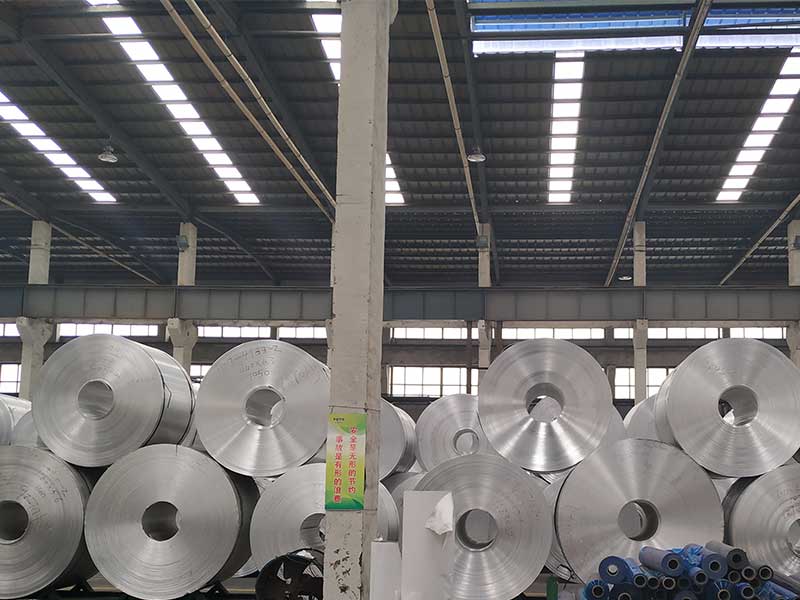Aluminum has proven to be one of the most vital materials used across various industries due to its unique properties and versatile applications. Within this spectrum of aluminum products, SMM (Shanghai Metals Market) aluminum pricing offers a vivid picture of market trends, demand, and future forecasts. In this article, we will delve into the features of SMM aluminum, examine its various applications, and discuss what influences its price.
Features of SMM Aluminum
SMM aluminum is a premium quality aluminum product that focuses on metal pricing and trends, reflecting several notable characteristics:
1. Lightweight Composition
One of the significant advantages of SMM aluminum is its lightweight nature while still retaining remarkable strength. This property makes it an exceptional choice for applications where both weight and stability are crucial—ranging from aviation components to household products.
2. Corrosion Resistance
SMM aluminum guarantees high corrosion resistance, especially when coated. This attribute extends the longevity and durability of aluminum products, making them ideal choices for construction, marine applications, and outdoor structures.
3. Conductivity
Aluminum from SMM possesses excellent electrical and thermal conductivity, making it a preferred material for electrical and heat exchange systems.
4. Recyclability
An essential feature of SMM aluminum is its environmental friendliness. Aluminum, being highly recyclable, allows industries to lower their carbon footprint. This last substitution for new metal promotes sustainability and enhances the attractiveness of using aluminum products.
Applications of SMM Aluminum
The reach of SMM aluminum extends across several industries. Let's explore the most prevalent applications of this versatile material:
1. Automotive Manufacturing
Efficiency and improvement are critical in the automotive sector, pushing manufacturers to use SMM aluminum to create lighter vehicles without compromising safety or performance. Utilizing lighter components results in increased fuel efficiency and enhanced performance.
2. Aerospace Engineering
The aerospace industry values SMM aluminum for its high strength-to-weight ratio. Aircraft manufacture utilizes aluminum alloys in frames, wings, and components for maximizing fuel efficiency. The lightweight yet durable nature of SMM aluminum reduces weight and optimizes aircraft performance.
3. Construction
SMM aluminum is increasingly used in construction applications due to its lightweight properties and rust-resistant capabilities. From window frames to roofing and scaffolding, aluminum helps architects and builders create durable structures that comply with modern aesthetics.
4. Packaging Industry
The versatility of SMM aluminum means that it is not just for construction and heavy industries. It finds important use in the packaging industry, particularly in creating lightweight containers and cans that are easy to transport yet provide excellent protection for products—promoting sustainability without performance compromise.
Factors Influencing SMM Aluminum Prices
Many elements affect the market price of SMM aluminum, making it essential for manufacturers and raw material suppliers to stay current with price changes:
1. Global Demand and Supply Dynamics
Fluctuations in demand in industries such as construction, automotive, and aerospace greatly impact the price of SMM aluminum. A surge in construction activities or automotive manufacturing can cause price hikes due to increased material demand.
2. Metal Futures and Commodity Markets
Prices of SMM aluminum are also influenced by broader commodity markets and futures trading. Commodity speculation, market trends, and geopolitical situations can drive these prices.
3. Input Costs
The costs associated with mining and extraction (bauxite) and smelting (alumina) affect the price of SMM aluminum. Higher energy costs can particularly impact aluminum production, influencing the SMM pricing landscape.
4. Technological Advances
Innovations and efficiency improvements in the production of aluminum also play a part in influencing costs. Advances can lower production costs and adjust pricing to reflect a more competitive market.













